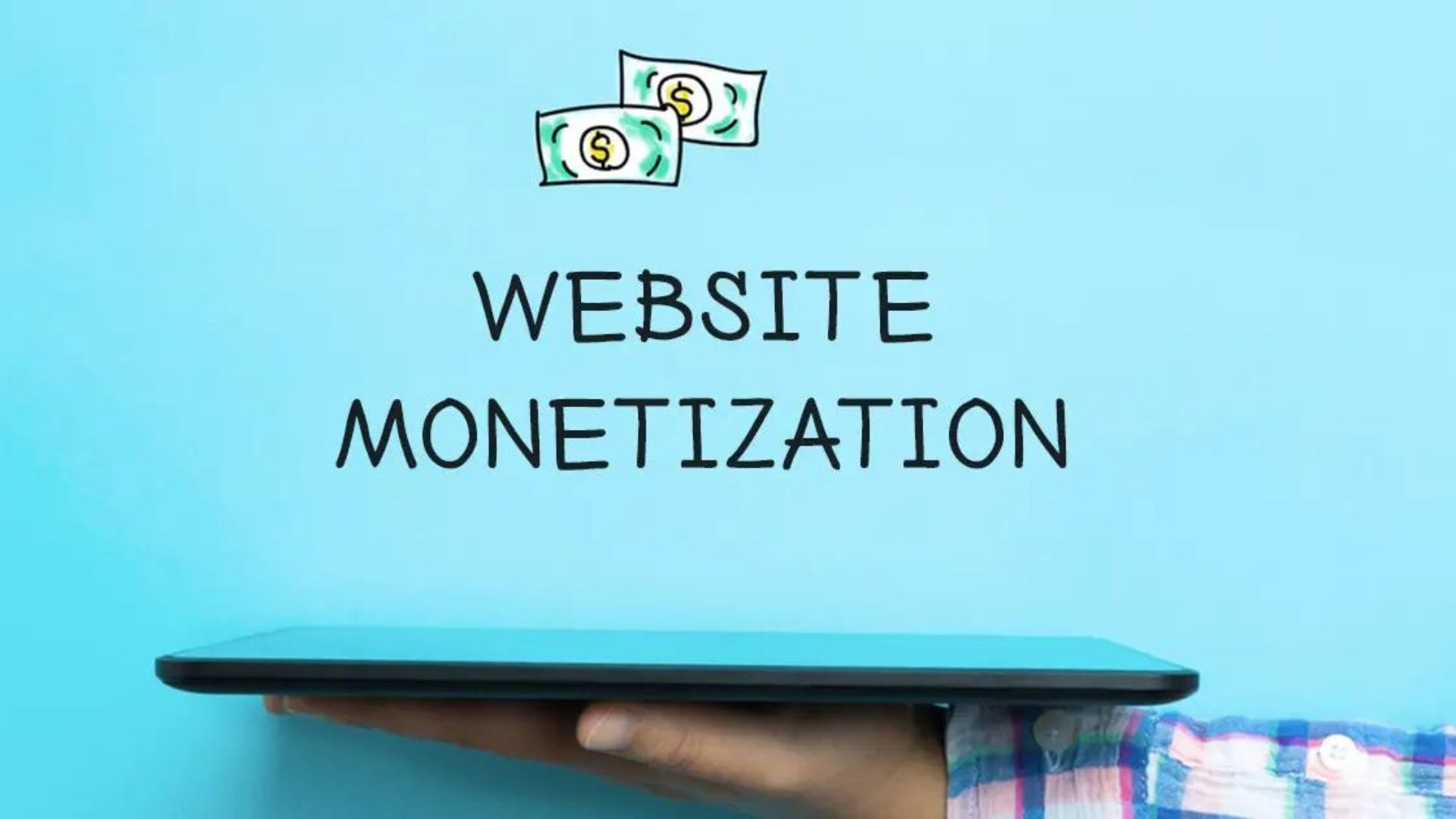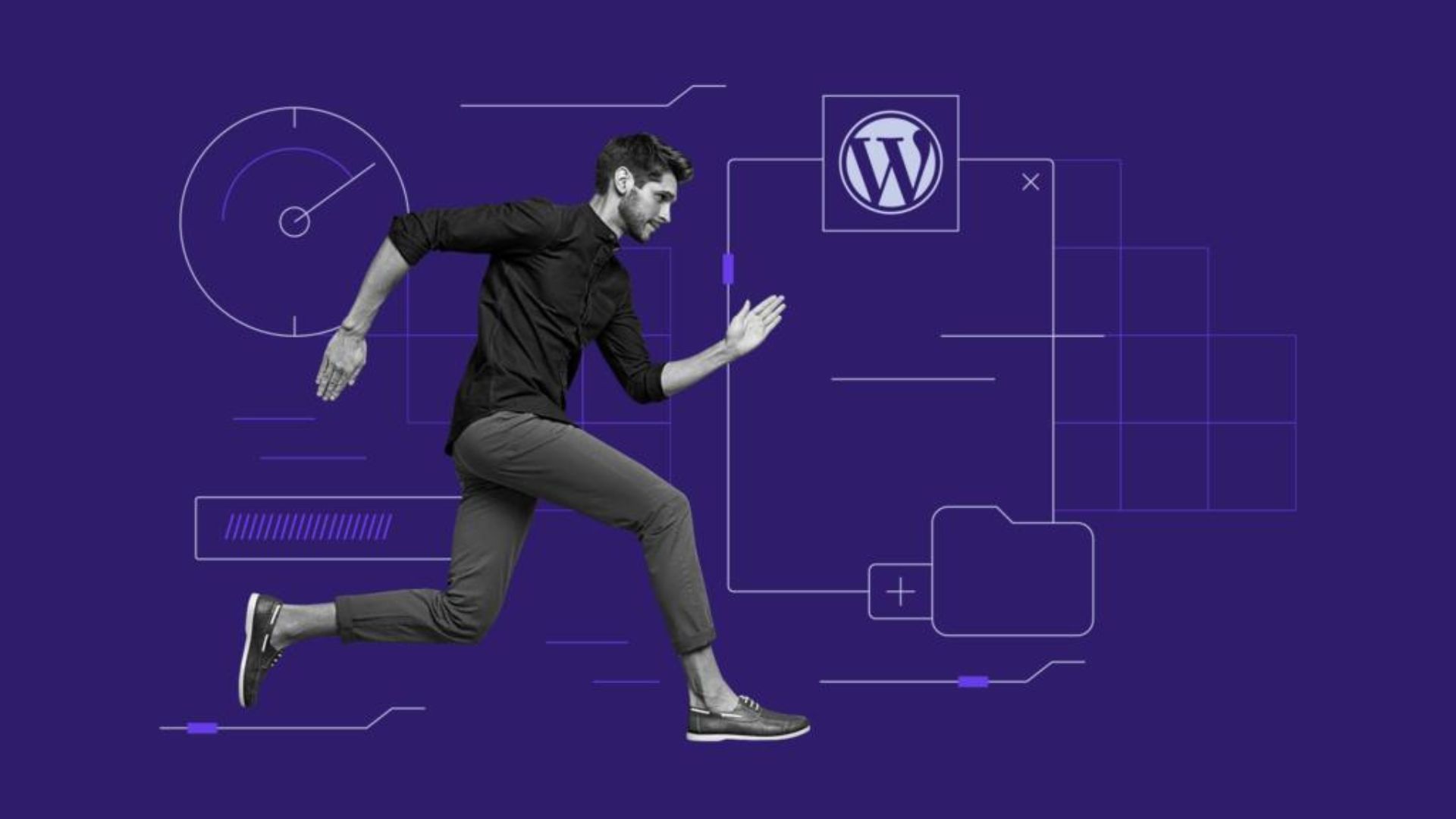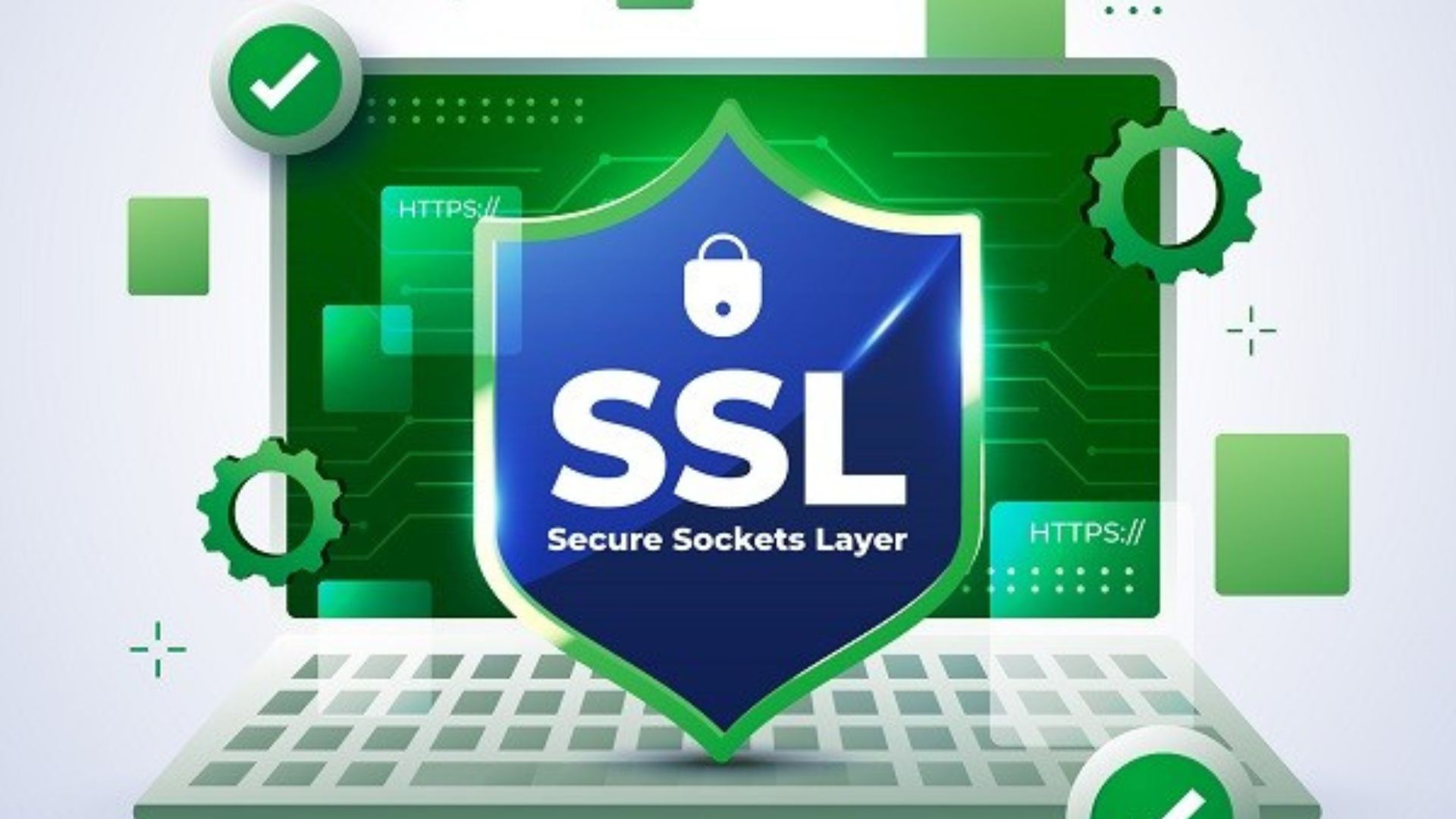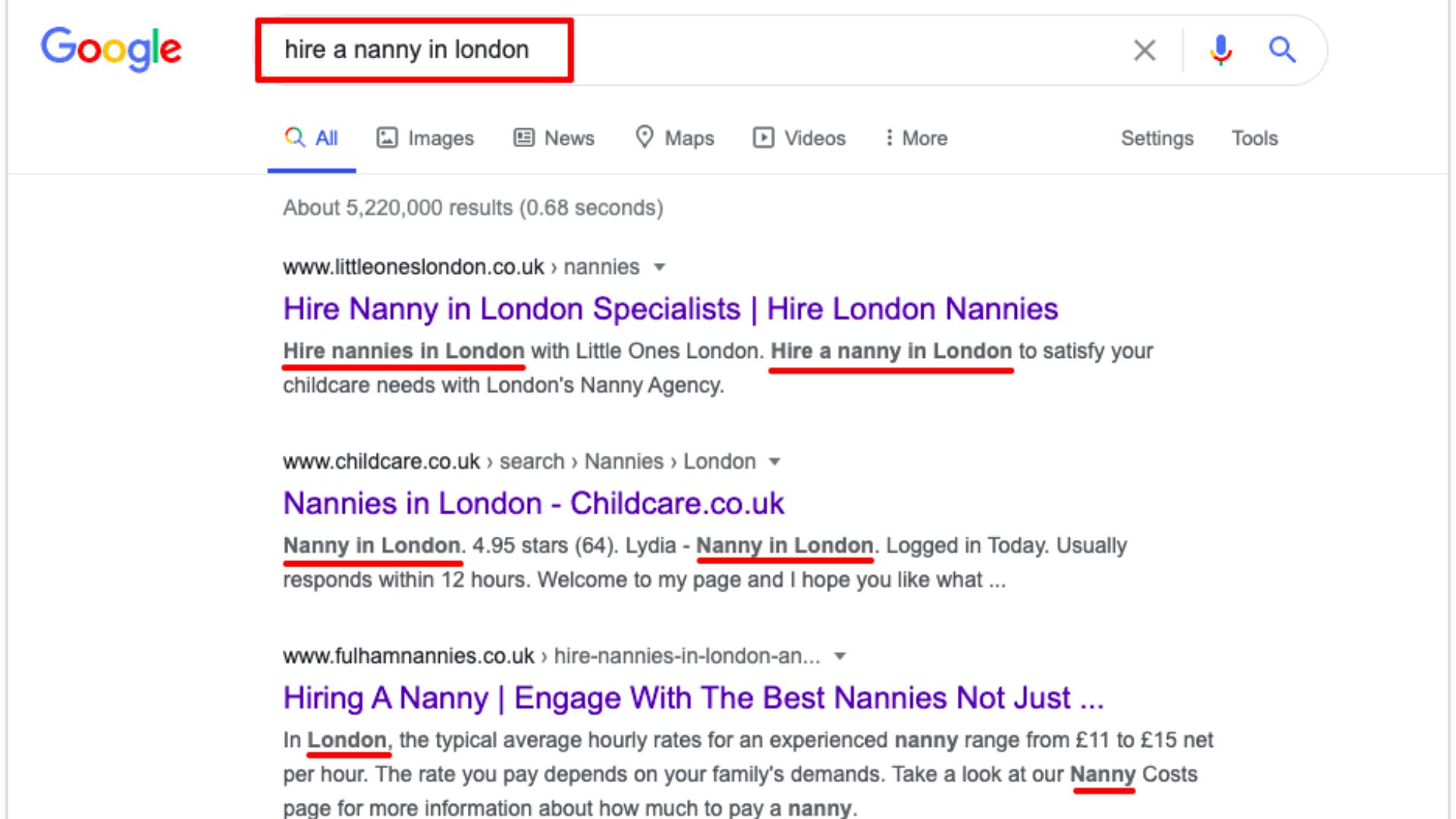Artificial Intelligence (AI) is revolutionizing various industries, and web design is no exception. Its impact on web design and personalization is significant, offering numerous benefits for businesses and users alike. Here are some key ways AI is influencing web design and personalization:
- Automated Design Generation: AI-powered tools can analyze user preferences, trends, and design principles to generate website layouts, color schemes, and typography options automatically. This streamlines the design process, saving time and effort for designers, while still allowing for customization and creativity.
- Enhanced User Experience: AI algorithms can analyze user behavior and interactions on a website to gain insights into their preferences, habits, and interests. This data-driven analysis enables the creation of personalized user experiences, such as customized content recommendations, tailored product suggestions, and targeted messaging.
- Dynamic Content and Customization: AI-powered content management systems (CMS) can automatically customize website content based on user segmentation. This allows businesses to deliver personalized experiences to individual users or specific user groups, improving engagement, relevance, and conversion rates.
- Chatbots and Virtual Assistants: AI-powered chatbots and virtual assistants are becoming increasingly popular in web design, offering instant customer support and personalized interactions. Chatbots can answer frequent customer queries, provide recommendations, and assist visitors throughout their journey on a website, enhancing the overall user experience.
- Predictive Analytics: AI algorithms can analyze vast amounts of data, including user behavior, preferences, and historical patterns, to predict future actions or trends. By utilizing predictive analytics, businesses can better understand their audience, anticipate user needs, and personalize content or offerings in advance, increasing user satisfaction and conversion rates.
- User Testing and Optimization: AI can facilitate the process of user testing by automatically analyzing user feedback, heatmaps, and other metrics. This helps identify areas for improvement, detect usability issues, and optimize website performance. AI-powered tools can also automatically conduct A/B testing to compare different website variations and determine the most effective design changes for optimal outcomes.
- Voice User Interfaces (VUI): AI voice recognition technology is transforming web design by enabling voice-controlled interfaces. By integrating voice assistants like Siri, Alexa, or Google Assistant, websites can offer hands-free navigation, search capabilities, and personalized responses, accommodating users who prefer voice interactions.
- Security and Fraud Detection: AI algorithms can detect anomalies, patterns, and potential security threats in real-time, enhancing website security. AI-powered solutions can identify and mitigate fraud, protect against hacking attempts, and strengthen security measures to safeguard user data.
In summary, AI has a profound impact on web design and personalization by automating design processes, enhancing user experiences through customization, predictive analytics, chatbots, and voice interfaces. AI-driven web design helps businesses create personalized, engaging, and user-centric experiences while improving efficiency and staying on top of emerging trends.










